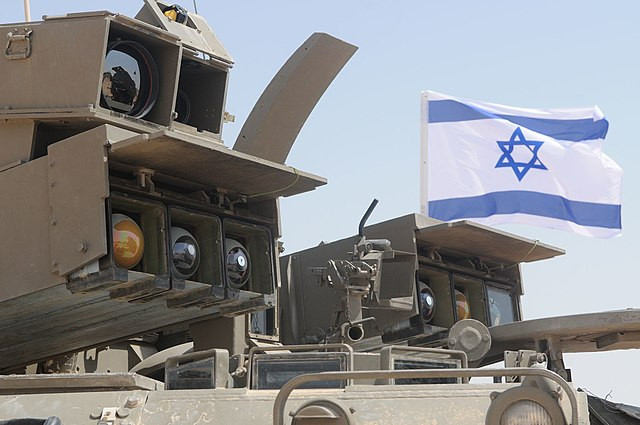Israel has been implicated in a series of pager explosions that killed at least 37 people and injured nearly 3,000 in Lebanon this week, according to sources familiar with the operation. The devices, which detonated across Hezbollah's communication network, were reportedly part of a covert operation involving Israeli intelligence, ABC News reported.
The explosions, which occurred on Tuesday and Wednesday, targeted Hezbollah members using communication devices such as pagers and walkie-talkies. Lebanese Health Minister Firass Al-Abyad confirmed the casualties, stating that hundreds were wounded across Lebanon, as the attacks deepened tensions between Hezbollah and Israel.
A U.S. intelligence source told ABC News that the operation had been planned for over 15 years, involving a complex network of shell companies and undercover Israeli intelligence officers. These companies reportedly produced the pagers, embedding one to two ounces of explosives in each device, along with remote triggers to set off the blasts. The New York Times was the first to report Israel's alleged involvement in the manufacturing of the pagers.
The attacks took place in multiple locations across Lebanon, including Beirut, where chaos ensued as smoke was seen rising from people's pockets just before the explosions. Reuters reported that the detonations continued for nearly an hour after the initial blasts, overwhelming hospitals with waves of injured victims.
Israel has not officially commented on its involvement, though many observers and analysts believe the sophisticated nature of the attacks suggests a strong likelihood of Israeli involvement. According to the New York Times, the pagers received messages that appeared to be from Hezbollah leadership just before the devices exploded.
The response from Hezbollah was swift. Its leader, Hassan Nasrallah, accused Israel of "crossing all red lines" and declared that the group would retaliate. In a televised speech on Thursday, Nasrallah revealed that the group's leadership had older pagers, which were not affected by the attacks. However, he stated that the new devices had been distributed widely to Hezbollah members in recent months.
"Over two days, the enemy wanted to kill at least 5,000 people," Nasrallah said, emphasizing that Israel's actions represented a significant escalation in their ongoing conflict. He described the blasts as part of a broader campaign to destabilize Hezbollah's operations and vowed that the group would investigate how the pagers were compromised.
As details emerged about the supply chain behind the pagers, two companies-Gold Apollo, based in Taiwan, and BAC Consulting, a Hungarian firm-denied any involvement in the explosions. Taiwan's Economy Minister Kuo Jyh-huei confirmed that the components in the pagers were not manufactured in Taiwan, stating, "I can say with certainty they were not made in Taiwan." Meanwhile, the Hungarian government revealed that BAC Consulting acted as a trading intermediary without any operational facilities in Hungary.
Experts say the scale of the attacks is unprecedented, signaling a new phase in the long-standing conflict between Hezbollah and Israel. "We know that Israel has a precedent of using technology to track its targets," said Professor Simon Mabon, an expert on international relations at Lancaster University. "But the scale of this attack is unlike anything we've seen before."
Hezbollah has long relied on low-tech communication methods, such as pagers, to avoid detection by Israeli surveillance. However, the group had recently shifted its communications strategy, purchasing new devices in an effort to maintain operational security. Analysts believe Israel's intelligence services may have intercepted this transition, leading to the devastating pager explosions.
The timing of the blasts has raised questions about whether the attack was part of a larger Israeli strategy. Unnamed U.S. and Israeli officials told Axios that the explosions were initially planned as the opening move in a broader offensive against Hezbollah. However, fears that Hezbollah had become aware of the plan reportedly pushed Israel to act sooner than anticipated.
The conflict between Hezbollah and Israel has simmered for months, with both sides exchanging rocket and missile fire across Israel's northern border. Entire communities on both sides have been displaced as the violence escalates. On Wednesday, Israeli Defense Minister Yoav Gallant warned that the country was entering "a new phase in the war," shifting resources to the north in response to the growing threat from Hezbollah.
Despite the ongoing hostilities, observers say both Hezbollah and Israel have so far sought to contain the conflict, avoiding the full-scale war that many fear is on the horizon. However, with tensions escalating and both sides vowing retaliation, the risk of a broader regional conflict looms larger than ever.




